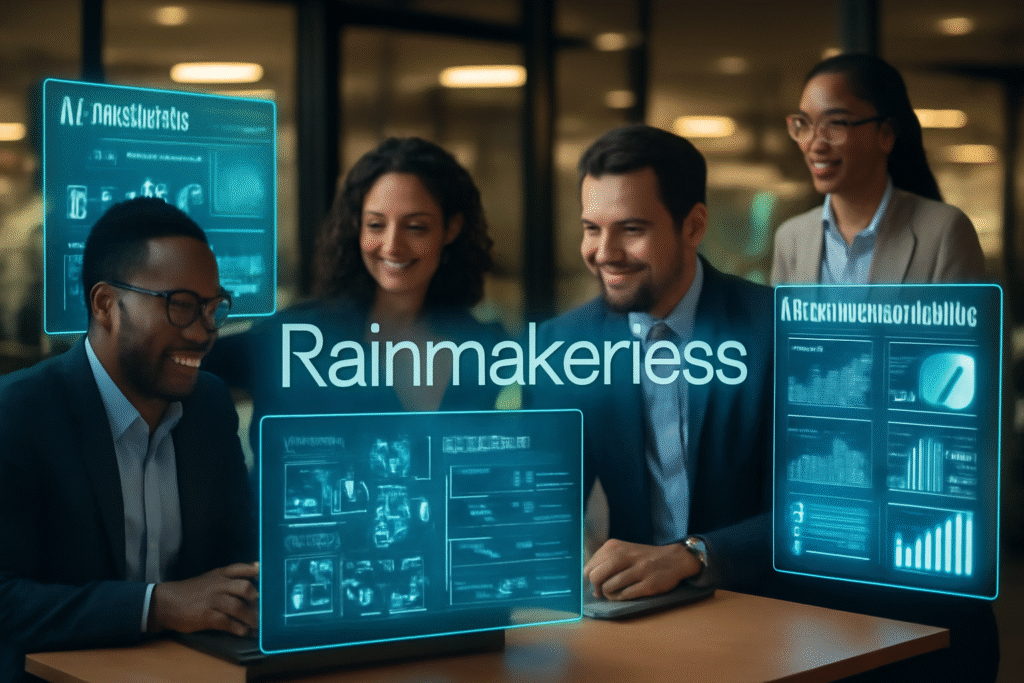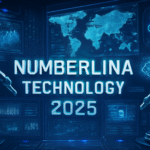Rainmakerless describes an operational model where companies thrive without relying on a single person to drive the majority of revenue. Instead of depending on one superstar, businesses adopt scalable systems, automation, and team-based strategies to ensure stability and growth.
This approach leverages:
-
Automated lead generation systems
-
Collaborative sales teams
-
AI-powered customer engagement
-
Scalable marketing campaigns
The Shift Toward a Rainmakerless Model
In recent years, organizations have realized that overdependence on a rainmaker can be risky. If that person leaves or underperforms, the business could face significant setbacks. The Rainmakerless approach mitigates this risk by distributing responsibilities and integrating technology into core operations.
Key Benefits of Rainmakerless Operations
-
Sustainability – Growth doesn’t collapse if one person exits
-
Scalability – Systems can handle more clients without overwhelming individuals
-
Predictability – Data-driven processes ensure consistent performance
-
Team Morale – Success is shared, reducing workplace pressure on a single person
Technology Driving Rainmakerless Success
Modern Rainmakerless companies harness cutting-edge tools:
-
CRM platforms to manage leads and track engagement
-
AI analytics to forecast sales trends
-
Automated email and chatbot marketing to nurture prospects
-
Cloud-based collaboration tools to keep teams aligned
Rainmakerless in Small Businesses
Small and medium-sized enterprises benefit greatly from Rainmakerless systems. By relying on affordable automation software, they can compete with larger companies without needing high-profile industry influencers.
Challenges of Adopting a Rainmakerless Approach
Transitioning to Rainmakerless isn’t without hurdles:
-
Initial investment in technology
-
Cultural resistance from teams used to a single leader model
-
Training requirements for adopting new tools and methods
Rainmakerless in 2025 and Beyond
The future of Rainmakerless will likely see deeper integration with AI, predictive analytics, and decentralized team management. Experts predict that within the next decade, companies without rainmakers will become the norm rather than the exception.
Why Rainmakerless is the Future of Business
In an era where agility, adaptability, and scalability define success, Rainmakerless strategies align perfectly with market needs. They not only protect companies from leadership dependency but also unlock the potential of collective performance.
Also read: Numberlina Technology: Transforming the Future of Innovation in 2025
FAQs
Is Rainmakerless suitable for startups?
Yes, especially for startups that want scalable systems from the start.
Does Rainmakerless mean no salespeople?
Not necessarily—it means sales are not dependent on one superstar.
Is technology essential for Rainmakerless success?
Absolutely, automation and AI are key enablers.
Can Rainmakerless work in creative industries?
Yes, especially when projects rely on collaborative creativity rather than one figurehead.
Is Rainmakerless more cost-effective?
Over time, it reduces costs linked to high salaries for rainmakers.
Will Rainmakerless replace traditional models?
It’s expected to become increasingly common in the next decade.
Conclusion
At its essence, Rainmakerless is about creating a self-sustaining growth machine. Through automation, teamwork, and smart strategy, companies can thrive without relying on a single star performer. It’s a model that’s reshaping industries and redefining what it means to be successful in business.



